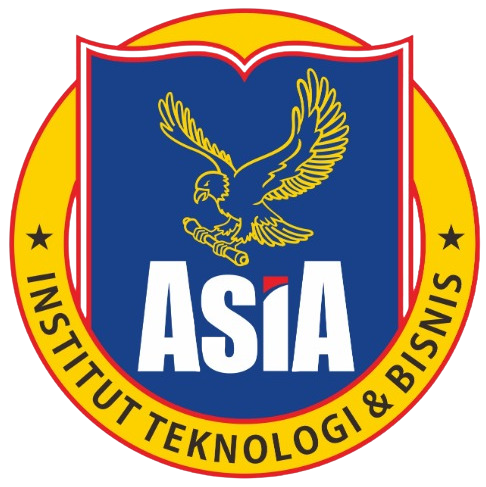Publication Ethic
Jurnal Ilmiah Bisnis dan Ekonomi Asia (Jibeka) is a peer-reviewed journal. This journal follows guidelines from the Committee on Publication Ethics (COPE) facing all aspects of publication ethics and, in particular, how to handle cases of research and publication misconduct. This statement clarifies the ethical behavior of all parties involved in the act of publishing an article in this journal, including the author, the editor-in-chief, the editorial board, the peer reviewer, and the publisher. This journal is dedicated to following best practices on ethical matters, errors, and retractions. The prevention of publication malpractice is one of the important responsibilities of the editorial board. Any kind of unethical behavior is not acceptable, and the journals do not tolerate plagiarism in any form.
Jibeka adapts COPE to meet high-quality standards of ethics for publishers, editors, authors, and reviewers. To improve the quality of research worldwide, it is essential to clearly explain publication ethics. In this section, we clarify the standards that apply to editors, authors, and reviewers. Publishers don’t have the right to interfere with the integrity of the contents and only support publishing in a timely manner.
For Editors
- Based on the review report of the editorial review board, the editor can accept, reject, or request modifications to the manuscript.
- Editors should be responsible for every articles published in Jibeka
- The editors may communicate with one another or with reviewers when making the final decision.
- An editor has to evaluate the manuscript objectively for publication, judging each based on its quality without looking at the nationality, ethnicity, political beliefs, race, religion, gender, seniority, or institutional affiliation of the authors. He/she should decline his/her assignment when there is a potential conflict of interest.
- Editors need to ensure the document sent to the reviewer does not contain information about the author and vice versa.
- Editors should communicate their decisions to authors along with reviewers' comments, unless they contain offensive or libelous remarks.
- Editors should respect requests from authors that an individual should not review the submission if these are well-reasoned and practicable.
- Editors and all staff should guarantee the confidentiality of the submitted manuscript.
- Editors will be guided by COPE flowcharts if there is suspected misconduct or disputed authorship.
For Reviewers
Reviewers need to comment on ethical questions and possible research and publication misconduct.
- The reviewers will do the work in a timely manner and should notify the editor if they cannot complete it.
- Reviewers need to keep the confidentiality of the manuscript.
- Reviewers should not accept reviewing manuscripts in which there is a potential conflict of interest between them and any of the authors.
For Authors
- The author(s) confirm that they have not previously published the material and have not transferred any rights to the article elsewhere.
- Authors must ensure their work is original and properly cited.
- Author(s) should not engage in plagiarism or self-plagiarism.
- Author(s) should ensure that they follow the authorship criteria that are taken from Jibeka that are explained in the instructions for the author.
- Authors should not submit the same manuscript to more than one journal concurrently. It is also expected that the author will not publish redundant manuscripts or manuscripts describing the same research in more than one journal.
- Authorship should be limited to those who have made a significant contribution to the conception, design, execution, or interpretation of the reported study. Others who have made significant contributions must be listed as co-authors. Authors also ensure that all the authors have seen and agreed to the submitted version of the manuscript and their inclusion of names as co-authors.
- The author(s) haven’t suggested any personal information that may make the identity of the patient recognizable in any form of description, photograph, or pedigree.
- Author(s) should give the editor the data and details of the work if there are suspicions of data falsification or fabrication.
- If at any point, the author(s) discovers a significant error or inaccuracy in the submitted manuscript, then the error or inaccuracy must be reported to the editor.
- Authors of the journal should clarify everything that may cause a conflict of interest, such as work, research expenses, consultant expenses, and intellectual property, on the document of the PHJ form disclosure.
Disclaimer
Editors make every effort to ensure the accuracy of all the information (the “Content”) contained in its publications. However, Editors of make no representations or warranties whatsoever as to the accuracy, completeness or suitability for any purpose of the Content and disclaim all such representations and warranties whether express or implied to the maximum extent permitted by law. Any views expressed in this publication are the views of the authors and are not necessarily the views of the Editors.




